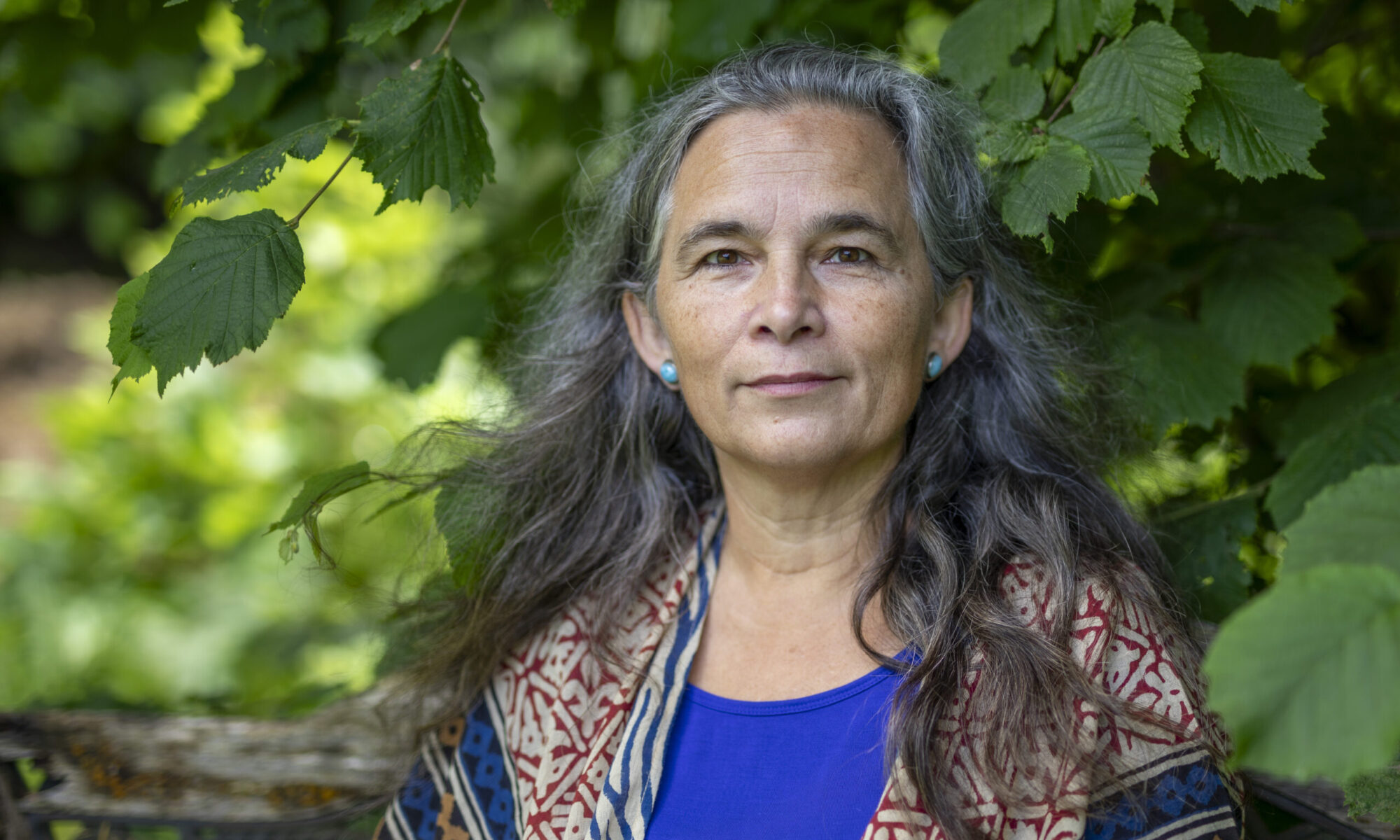(Adapted September 2014 by Andrew MacDonald from the Concord Institute’s 1995 Dialogue Guidelines)
Shared Field: Work in the mindfulness of a shared field, one that welcomes the whole of you and of all the others also.
Slow Down: Slow down from your habitual pace of interaction and take all the time you need to listen to yourself as you are now, to notice the common field, to express, to interact.
Breathe: Breathe fully and rest in this rhythm of breathing as you participate in the group.
Silence: Tolerate, accept, and welcome silence in the group, either when called for by a group member, or when it falls spontaneously. There is no need to say anything.
Truth of Experience: Speak the truth of your experience as it rises ready to be spoken. This includes fresh noticings that come as a surprise to you, and also, harder to express, the experience of being disconnected should that come.
Deep Listening/Presence: Listen to each other deeply and with presence. Let go of rehearsing your response, or strategizing.
Welcome/Appreciate Differences: Welcome different perspectives and appreciate others as they are. Hold the differences as a creative part of the group’s experience, not as something to be avoided.
No Blame/Judgment: Suspend judgment/blame of self and others and practice simply being together, breathing in the common field.
Hold Intensity: At moments of intensity in the field, hold this experience in your awareness without reacting, or trying to do anything about it. Let it live in the group and be contained within the circle.
Welcome Unknown: Let the unknown of your and others’ experience simply be, rather than seeking to explain or control events immediately.
Patience: Have patience with the workings of the group and the time it takes to grow and change, both individually and collectively.
Enjoy the Process: Enter into the moment-to-moment changes in experience, both individual and group, that necessarily constitute the multi-dimensional process of shared mindfulness.
wakingupinafield.com/colla/dialogue-group/
